
Lake Manyara National Park is a gem nestled in northern Tanzania, encompassing a diverse landscape that includes dense forests, expansive grassy plains, and the shimmering waters of Lake Manyara itself. Renowned for its breathtaking scenery and rich biodiversity, the park offers visitors a remarkable safari experience.
The best time to visit Lake Manyara National Park is during the dry season, from June to September, when wildlife congregates around water sources, making it easier for visitors to spot animals. One of the park's most iconic features is the alkaline lake, which serves as a sanctuary for thousands of flamingos, painting the shoreline with their vibrant pink hues. Visitors can enjoy birdwatching from the observation points along the lake's edge, witnessing the graceful movements of these elegant birds as they feed and flock together. Beyond the avian spectacle, Lake Manyara is also home to a variety of other bird species, making it a haven for bird enthusiasts throughout the year. Venturing deeper into the park, visitors will encounter a wealth of wildlife roaming the diverse habitats. The park is renowned for its large elephant population, which can often be spotted traversing the woodlands or quenching their thirst at the water's edge. Other notable inhabitants include tree-climbing lions, a unique behavior exhibited by a select pride within the park. Watching these majestic predators lounging in the branches of acacia trees is a truly unforgettable sight and a highlight for many safari-goers.
In addition to elephants and lions, Lake Manyara National Park is teeming with an array of other mammals, including buffalo, giraffe, zebra, wildebeest, and baboons. The park's diverse ecosystems support a rich variety of wildlife, ensuring that every game drive offers the opportunity to encounter fascinating creatures in their natural habitat. Whether exploring the lush forests, open savannahs, or tranquil lakeshores, visitors to Lake Manyara National Park are treated to an immersive safari experience that showcases the incredible beauty and biodiversity of Tanzania's wildlife.
The Park experiences bi-modal rainfall season with short rains starting from November to December and long rains from February to May and dry season is from late June to October. It is located at an altitude between 850 and 2000 meters with annual average rainfall ranging from 650 to 760mm.

Lions

Buffalo
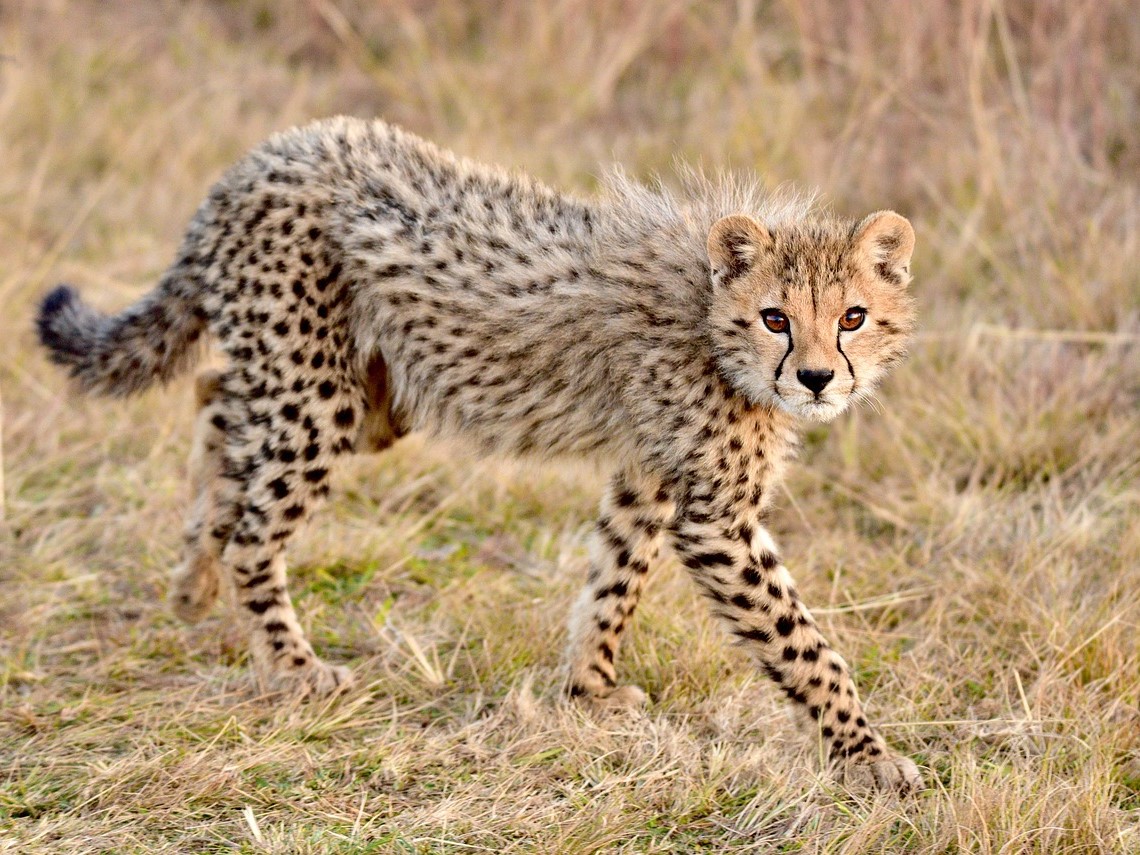
Cheetah
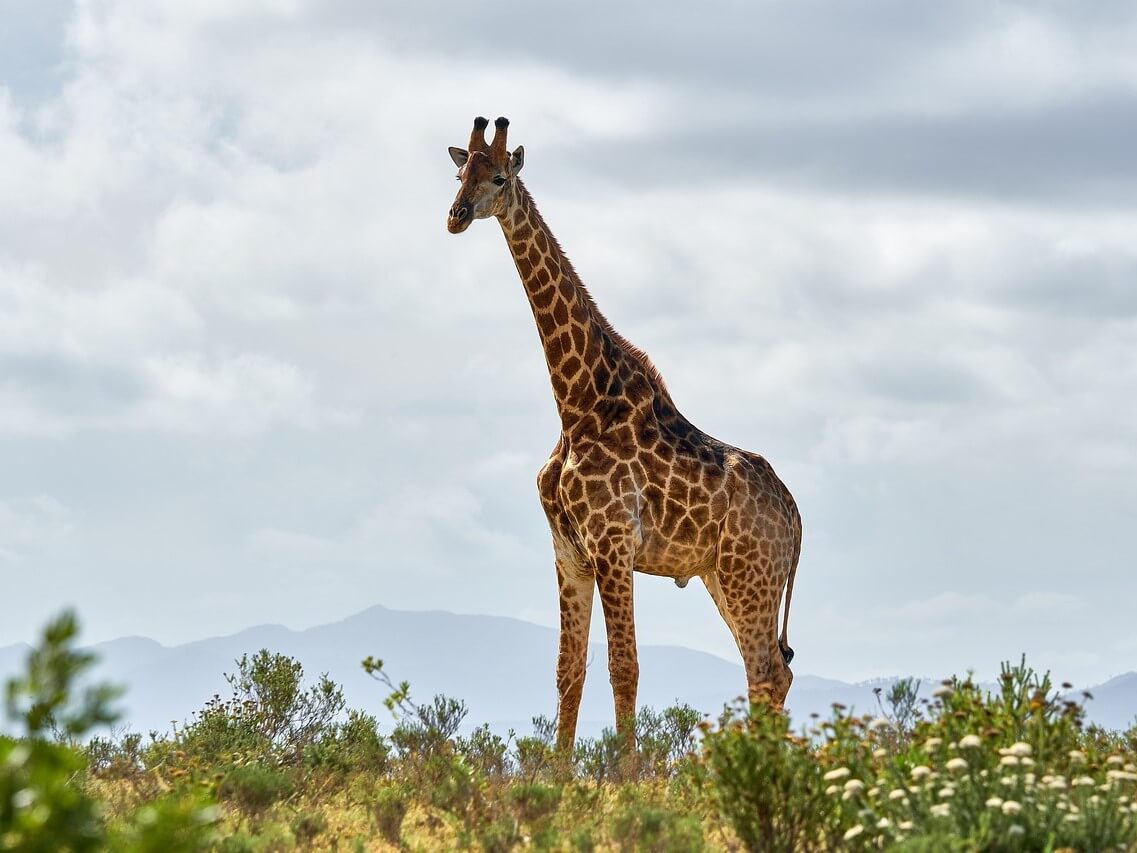
Giraffe

Hippo
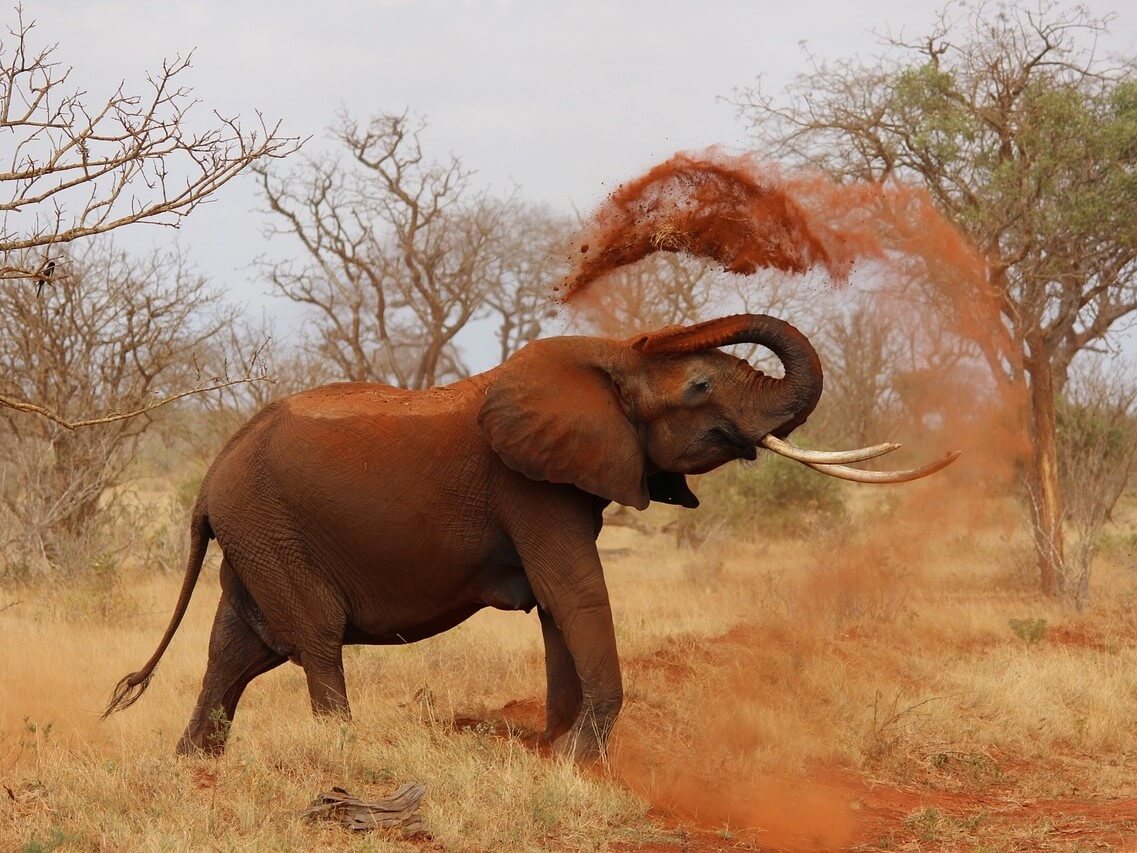
Elephant
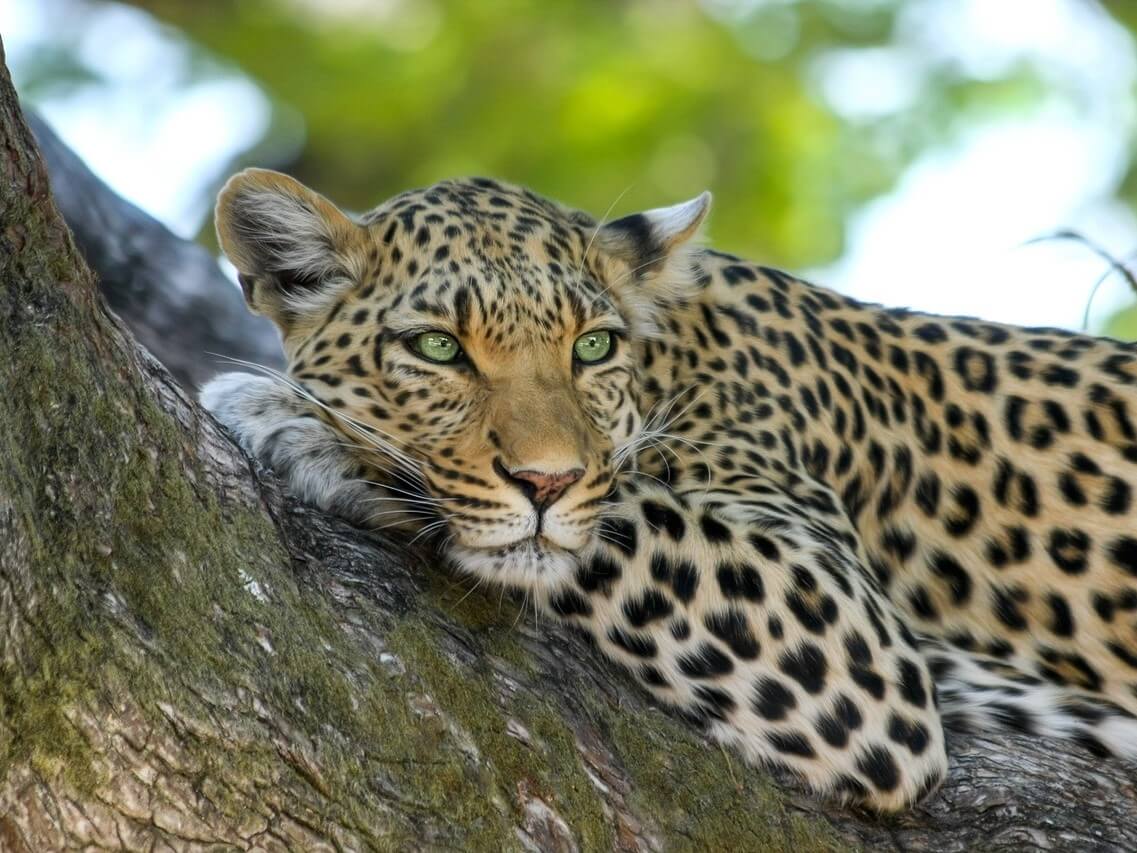
Leopard
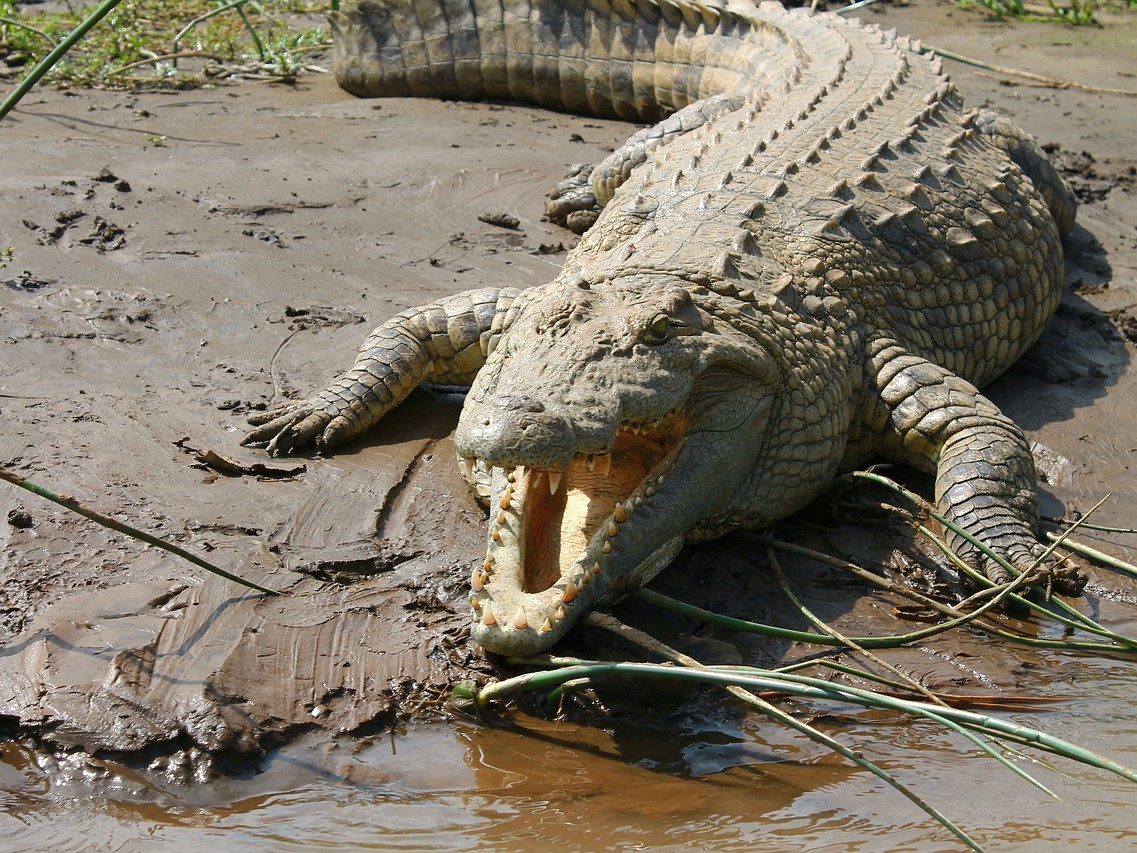
Crocodile
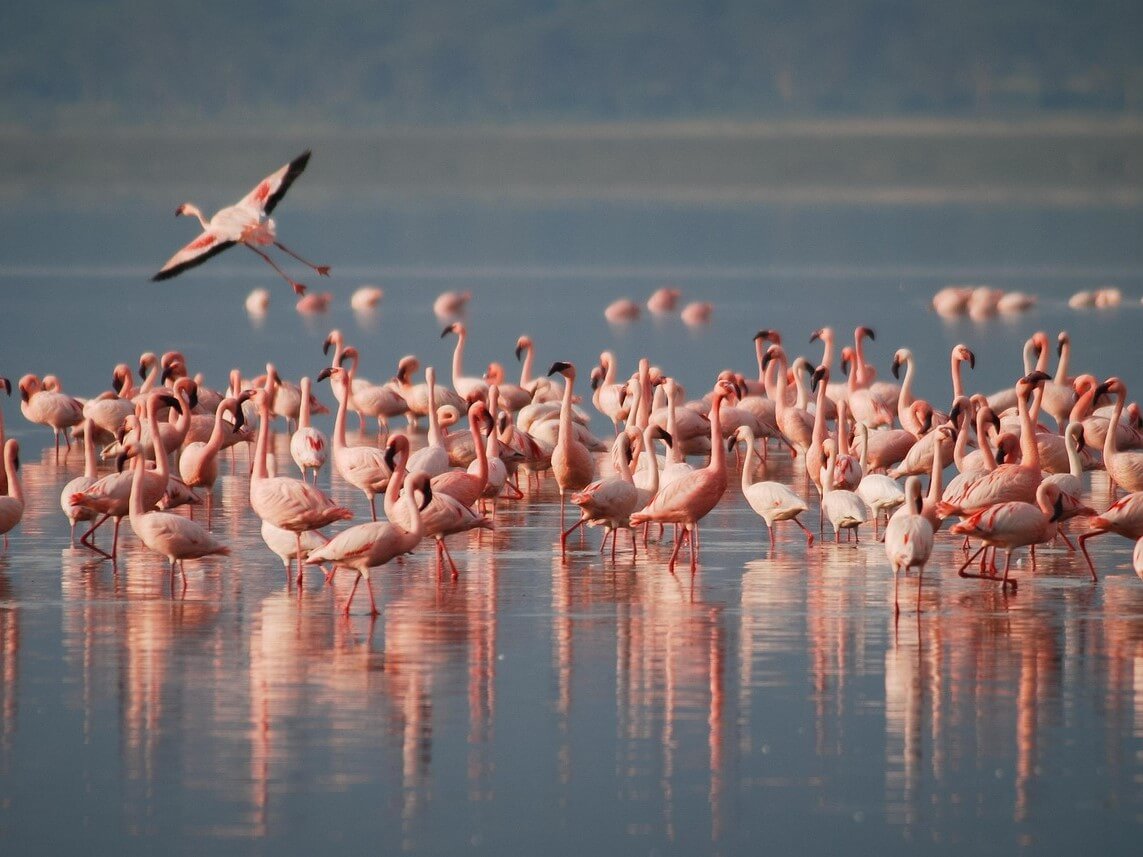
Flamingo

Hornbill

Grey Crowned Crane